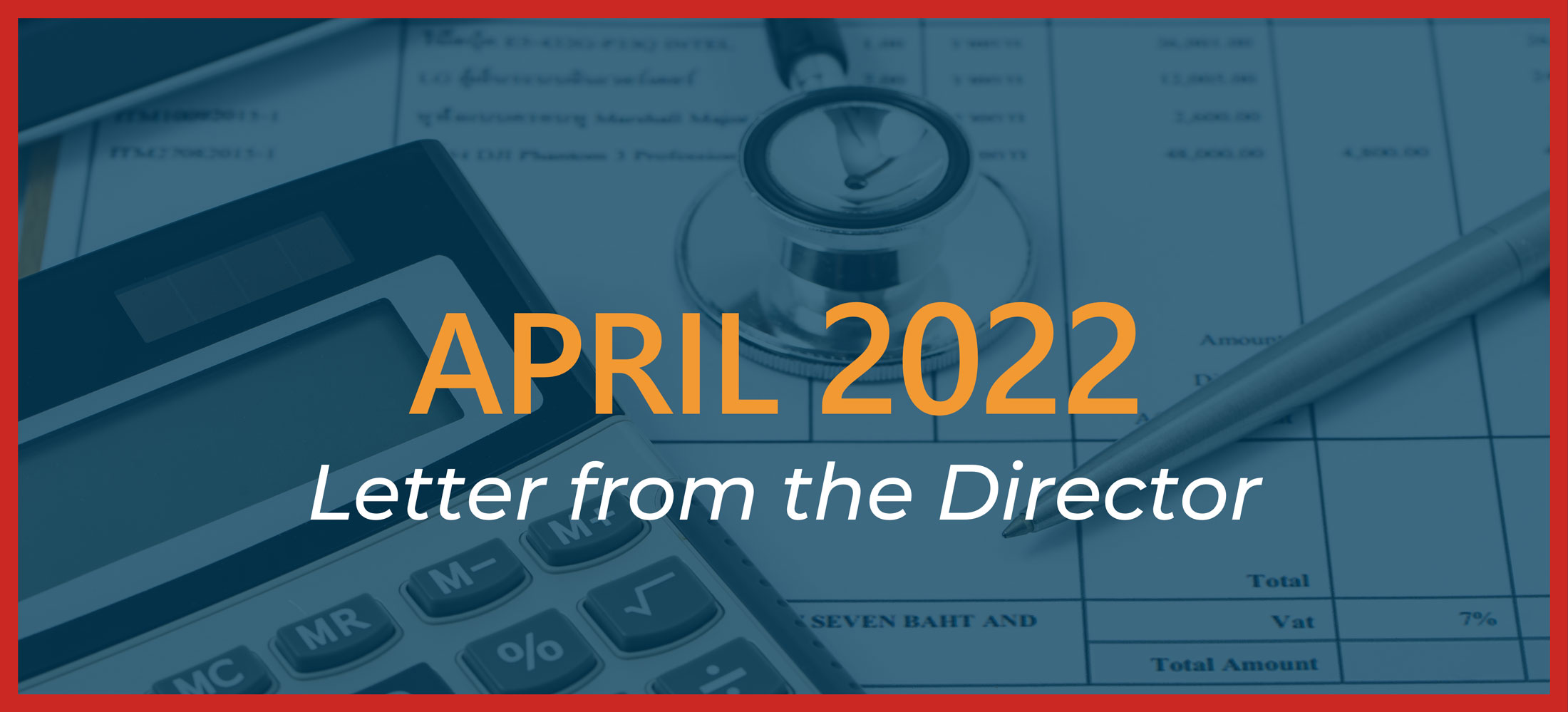A recent updated guidance sent to health insurance carriers that administer the Federal Employee Health Benefit (FEHB) has clarified that “carriers are not allowed to exclude anti-obesity medications from coverage based on a benefit exclusion or a carve out." This guidance is encouraging and should help in our efforts to increase the number of health insurance plans that cover anti-obesity medications (AOMs).
The federal Office of Personnel Management (OPM) serves as the chief human resources agency and personnel policy manager for the federal government. OPM manages the health insurance benefits for more than eight million federal employees, retirees, and their families. Over 200 FEHB health plans are offered across the country.
In 2014, OPM encouraged FEHB plans to cover obesity treatments. Their guidance also prohibited FEHB plans from excluding coverage based on the belief that obesity is a lifestyle condition or that such treatment is cosmetic. Despite this guidance from OPM, many plans continued to exclude or carve out coverage for AOMs. A recent survey conducted of thirteen of the FEHB 2021 plan brochures, covering 85.7% of the federal employees, found that only 3 plans covered medications for weight loss. Two of the plans were unclear and eight of the plans did not cover AOMs.
In its communication to the FEHB plans for 2023, OPM is more explicit. In the annual call for benefit and rate proposals, OPM sends out a “carrier letter” that includes policy goals and initiatives for the upcoming benefit year. In this year’s carrier letter, OPM spelled out specific guidance to the FEHB plans on obesity. The letter is clear in its statement that:
“Obesity is a complex, multifactorial, common, serious, relapsing, and costly chronic disease that serves as a major risk factor for developing conditions such as heart disease, stroke, type 2 diabetes, renal disease, non-alcoholic steatohepatitis, and certain types of cancer.”
The letter also calls on the FEHB plans to address how obesity is covered in children and adolescents in their benefit proposals.
Following up on the annual carrier letter is technical guidance to the FEHB plans. This year’s guidance states that plan proposals for 2023 plan year will be “reviewed for elements to reduce impacts of obesity in children and adolescents, access to anti-obesity medications, communication efforts, and billing and coding use and education of staff." As part of the guidance, OPM states that FEHB plans “must have adequate coverage of FDA approved AOMs on the formulary to meet patient needs and must include their exception process within their proposal.”
This is a huge step forward. Federal employees and their families in 2023 will have many more options available for obesity care treatment than ever before. Many members of the STOP Obesity Alliance that have worked with OPM for nearly a decade on this issue are hopeful that this new guidance will have a catalytic effect on other public and private health plans to provide comprehensive coverage for obesity care. For now, we welcome the good news.



